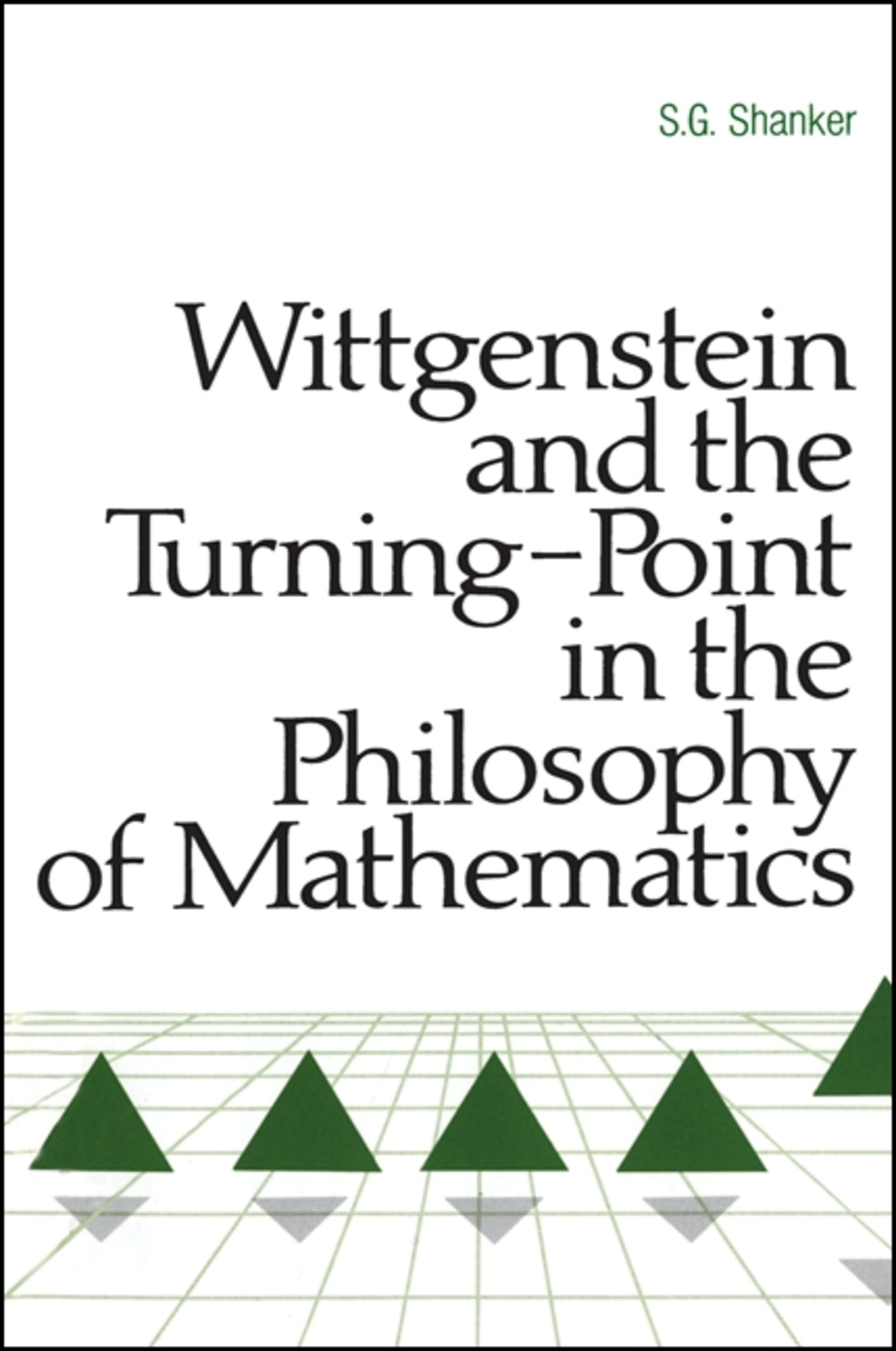We're sorry. An error has occurred
Please cancel or retry.
Wittgenstein and the Turning Point in the Philosophy of Mathematics

Some error occured while loading the Quick View. Please close the Quick View and try reloading the page.
Couldn't load pickup availability
- Format:
-
28 February 1987

Shanker exposes the confusions underlying the currently prevailing interpretations of Wittgenstein. He shows how such approaches and their underlying critical frameworks are incapable of coming to terms with Wittgenstein's arguments in the philosophy of mathematics.
This book explains not only Wittgenstein's approach, which was justly heralded as causing a turning point in the philosophy of mathematics, but also the philosophy of mathematics in general.


"Shanker presents a new and interesting interpretation of Wittgenstein's philosophy of mathematics. I am persuaded that he is reading Wittgenstein basically correctly. Wittgenstein's views seem even more radical and bizarre on Shanker's reading than they did before. Shanker also argues for the correctness of Wittgenstein's position, but I find that completely implausible. Nevertheless, his argument is vigorous and shows an excellent, up-to-date grasp of the relevant literature." — Nicholas D. Goodman
Preface
List of Abbreviations
1. Wittgenstein's Turning-Point
1. Philosophy's Debt to Schlick
2. Sceptical Confusions about Rule-following
3. Dispersing the Clouds of Epistemological Confusion
2. The Strains in the Realist/Anti-realist Framework
1. Wittgenstein's Verificationism
2. Wittgenstein's 'Conversion"
3. The Objectivity of Mathematical Knowledge
3. The Nature of Proof
1. The Burden of Proof
2. Observing the Law of Excluded Middle
3. Mathematical 'Stimuli'
4. Surveyability
1. The Bounds of Perspicuity
2. 'Probabilistic Proofs'
3. The Appel-Haken Solution of the Four-Colour Problem
5. The Perils of Prose
1. The Nature of Infinity
2. Coming to Grips with the Irrational
3. 'Prose': The Meeting-point Between Mathematics and Philosophy
6. Consistency
1. Hilbert's Programme
2. Mathematical Totems and Tabus
3. The Application of an 'Inconsistent System'
7. The Recovery of Certainty
1. The Foundations of the Foundations of Mathematics
2. Equations are Rules of Syntax
3. Unconventional Conventionalism
8. Freedom and Necessity
1. Discovering, Creating, Inventing
2. Anarchy versus Autonomy
3. The Interrelatedness of Mathematical Truths
Bibliography
Index



